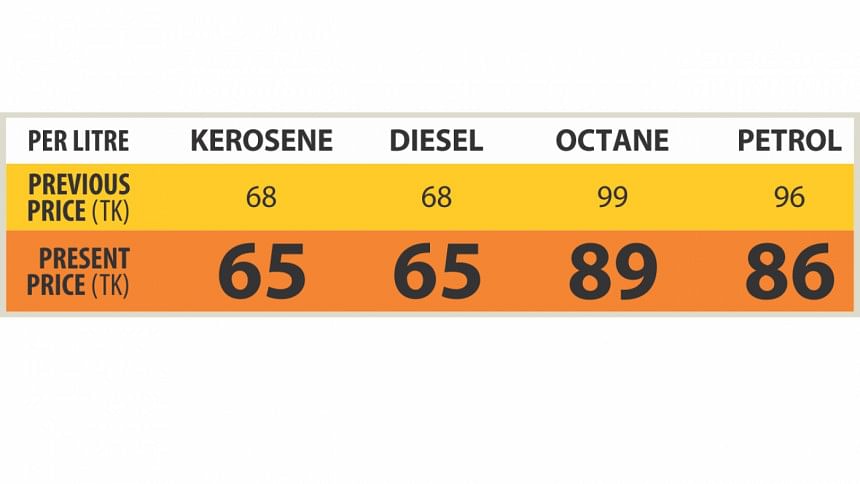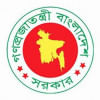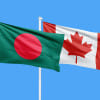Fuel oil prices cut by Tk 3-10

The government has cut the prices of octane and petrol by Tk 10 a litre and diesel and kerosene by Tk 3 per litre to pass on to consumers the benefit of low fuel prices on the international market.
The price reduction would take effect at midnight, Nasrul Hamid, state minister for power, energy and mineral resources, told reporters at the secretariat yesterday.
The ministry issued a notice to this effect.
The price of diesel and kerosene has been reduced to Tk 65 from Tk 68 a litre, octane to Tk 89 from Tk 99 and petrol to Tk 86 from Tk 96.
On March 31, the government cut the price of furnace oil, mostly used by industries and power plants, by more than 30 percent to Tk 42 a litre. The prices of diesel, petrol and octane were not adjusted at that time.
The cut came after the finance ministry sent a proposal to the energy ministry to slash the prices of octane, petrol, diesel and kerosene.
The finance ministry proposed cutting the prices of octane and petrol by 15 percent and that of diesel and kerosene by 25 percent.
Yesterday's cut was part of a government plan to reduce the fuel prices in three phases, according to energy ministry officials.
Further reduction in fuel prices would be made if consumers benefit from this price cut and the prices of products and services that depend on oil ultimately go down, they said.
The energy ministry is particularly interested in seeing whether the transport fares drop following the price cuts in the first phase.
It costs Bangladesh Petroleum Corporation Tk 61.25 for producing a litre of octane, Tk 62.50 for petrol, Tk 49.25 for diesel and Tk 48.25 for kerosene.
Despite yesterday's cut, the BPC will still make a profit of Tk 27.75 a litre on octane, Tk 23.50 on petrol, Tk 15.75 on diesel and Tk 16.75 on kerosene.
In the first six months of fiscal 2015-16, the BPC made a profit of more than Tk 5,000 crore.
The call for adjusting oil prices on the local market has been getting louder since mid-2014 when petroleum prices started falling on the global market.
Oil prices plummeted 66 percent on the international market since June 2014.
In January this year, oil prices dropped as low as $27.65 a barrel before rebounding to $40 a barrel recently.
But the government was reluctant to adjust the prices to allow the BPC to repay its loans and recoup the losses it incurred between fiscal 1999-2000 and 2014-15.
Pressure was mounting on the government to reduce fuel prices after the BPC recently said all its bank loans had been repaid, and that it was counting profits
The World Bank and the International Monetary Fund pursued the government to deregulate domestic oil prices and introduce a system that makes automatic adjustments of oil prices in line with global market rates.
The finance ministry has prepared a detailed analysis of the economic impact of the drop in oil prices and shared it with the energy ministry.
On average, the BPC imports 50 lakh tonnes of petroleum products a year. Of those, 64 percent is diesel, 17 percent furnace oil and 5 percent kerosene. The rest are octane, petrol and other products.
Of the fuel imports, 46 percent is used in transport sector, 26 percent in power sector and 17 percent in agriculture.
The finance ministry proposal said the price cut would benefit all the three sectors.
According to the Centre for Policy Dialogue, a 10-percent cut in petroleum price would lead to a rise in both the gross domestic product and private investment by about 0.3 percent.
And inflation would come down by 0.2 percentage points, said the think-tank in January this year. Export, on the other hand, may increase by 0.4 percent.
Households are likely to benefit, with a 0.6 percent rise in consumption on average, and income of firms may increase by the same margin. Consumption of households in rural areas is expected to increase by 0.7 percent, it added.
PUMP OWNERS FEAR LOSS
Petrol pump owners claimed that they would face financial losses because of the sudden cut in fuel prices.
Zakir Hossain Nayan, a leader of Bangladesh Petrol Pump Owners Association, told The Daily Star that the government had earlier said the pump owners would be notified at least three days before the new rate comes into effect.
“But we got the circular at 5:30pm today [yesterday]. By that time, many pumps had already bought fuel.”
The pumps that bought octane and petrol yesterday would face a loss of Tk 90,000 a lorry. In case of diesel, the loss would be Tk 27,000 a lorry, he said.
The association leader urged the government to compensate pump owners for the losses when they buy fuel the next time.

 For all latest news, follow The Daily Star's Google News channel.
For all latest news, follow The Daily Star's Google News channel. 








Comments